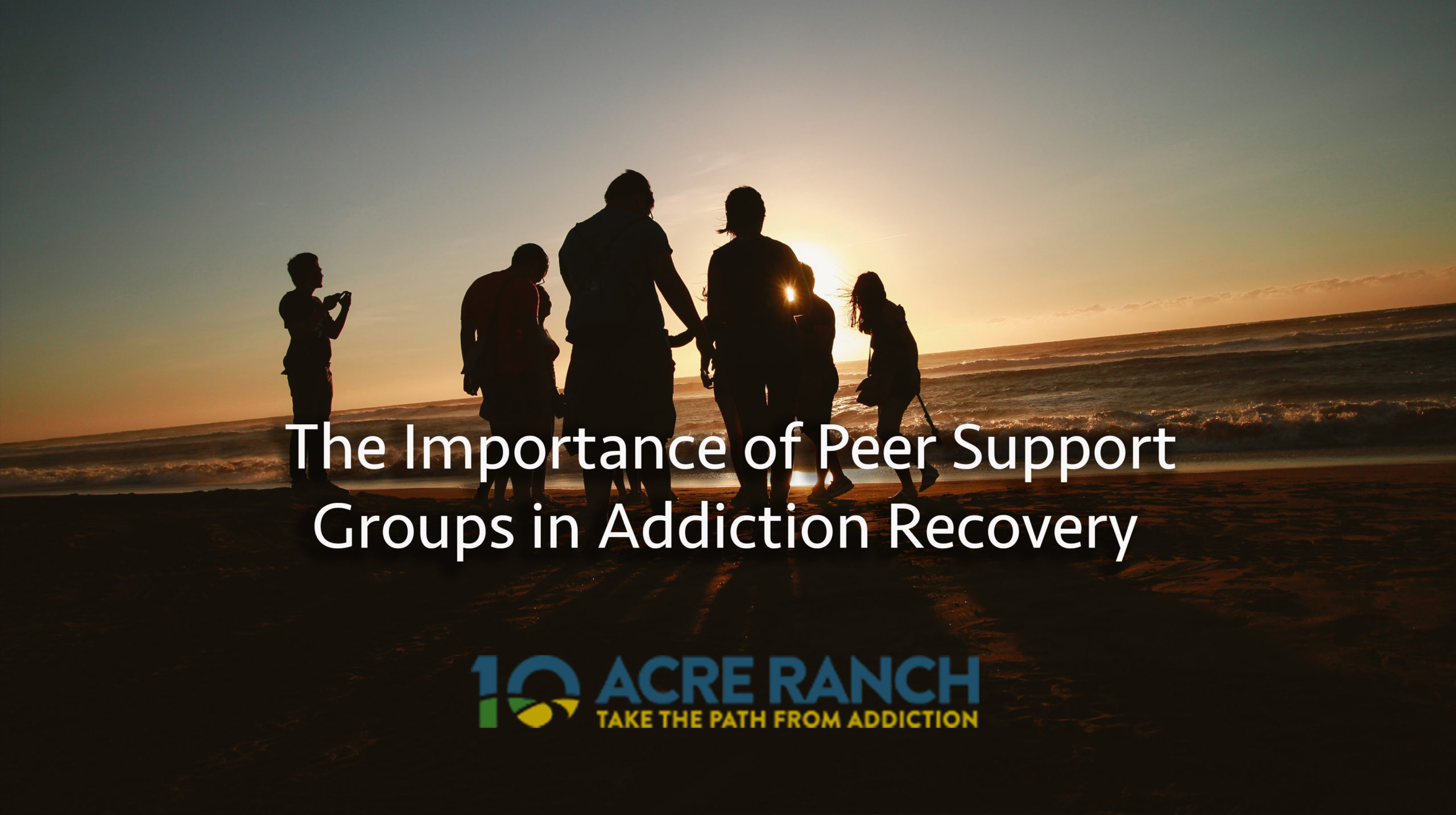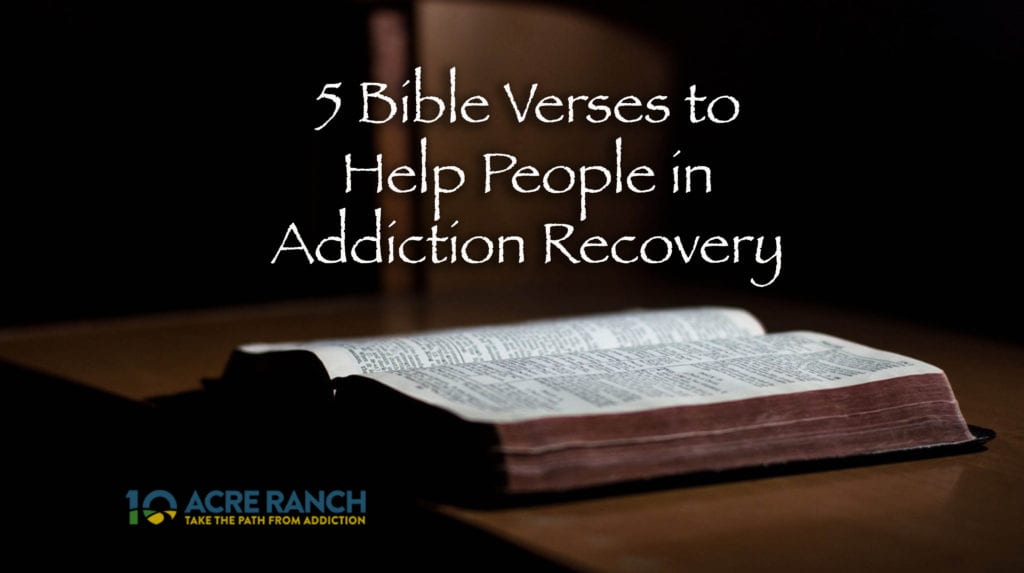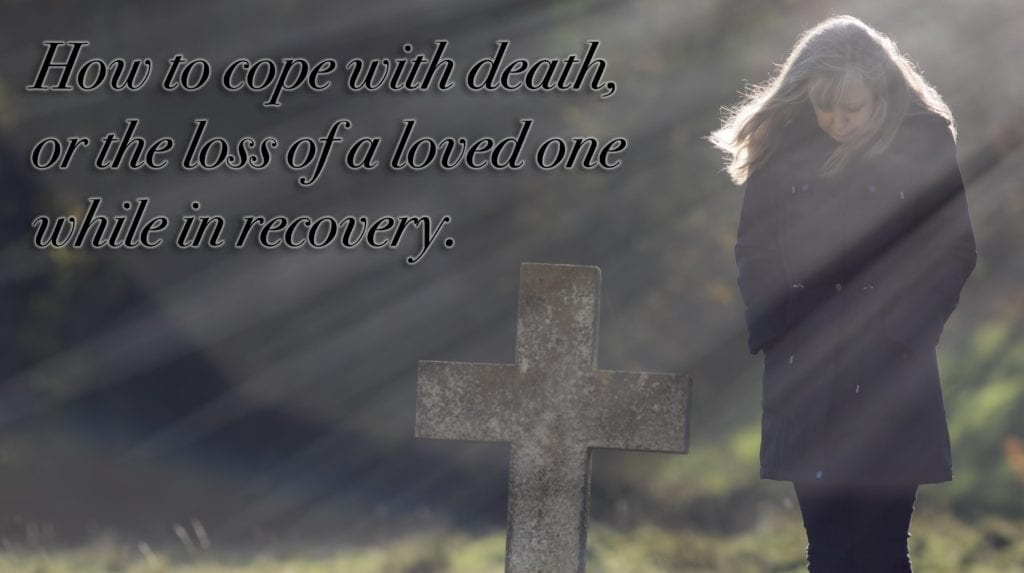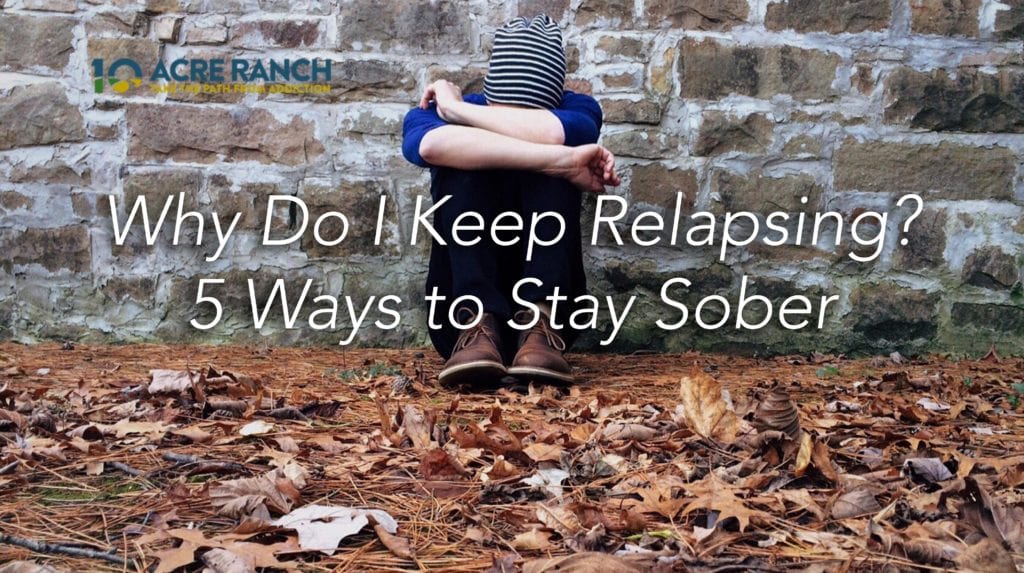Drugs such as methamphetamines, marijuana, or heroin have long been a problem here in the United States as the war on drugs continue, even after decades of hard work, policing the illegal manufacturing, distribution, and selling of these products for illicit purposes. Synthetic drugs, however, are a newer problem that has swept across the county in recent history. Synthetic drugs, sometimes referred to as designer drugs or club drugs, are substances designed to mimic the effects of other drugs like marijuana or heroin, and they are chemically manufactured in a laboratory. They can be commercially manufactured for valid medical purposes and then diverted into illegal channels, or more commonly, they can be created in illegal clandestine labs with no chance to regulate the chemicals being used or the ability to determine the strength of the final product.
Synthetic drugs were first spotted here in America in December of 2008 when a large shipment of “Spice”, or synthetic marijauana, was seized and inspected in Dayton, Ohio. The majority of these synthetic drugs are created in foreign countries and then smuggled in through various avenues. The reason why these drugs are more difficult to detect is that many of the chemicals used in the illegal manufacturing process are made to circumvent standard tests for drug detection by law enforcement agencies such as the Drug Enforcement Administration (DEA). Foreign manufacturers are often able to alter the molecular structure of these compounds in order to bypass the laws regulating these substances, therefore masking their intended purpose and avoiding enforcement by the Food and Drug Administration (FDA).
The reason why these types of drugs are more dangerous is because most of the side effects are unknown, as the difference in the chemical structure can have varying negative effects on the brain and the behavior of the user who is under its influence. Due to the illegal manufacturing of these drugs, the strength is unregulated and can cause an unexpected overdose as the individual taking them is unaware of how much they are ingesting. Low prices, availability and misconception of the harmless effects of synthetic drugs have likely led to its popularity and subsequent substance abuse problem.

There are more than 300 newly discovered synthetic drugs on the market, with that number still rising, making it even more difficult to predict the side effects of each one. However, the most dangerous of these designer drugs that have been detected in America are listed as follows;
- Fentanyl
Fentanyl is the highest strength opioid on the market and is often used by dealers to dilute heroin on the streets. It is said to be 80-100 times stronger than morphine, making it a danger to someone who doesn’t know what they are using. It was first created as a skin patch for the pain management of cancer patients but now due to its high strength, it is also being cut down and sold as a super strength heroin. There is a high chance of overdose to unsuspecting users due to its potency and the unpredictable ingredients when manufactured and sold for illegal purposes.
- Synthetic Marijuana
Synthetic marijuana, also referred to as K2 or spice, are chemical compounds created to imitate the effects of marijuana. Synthetic marijuana strains, or cannabinoids, are perhaps the most well known across the country as its negative effects to users received widespread media attention. Made from dried and shredded plant materials that are then sprayed with chemicals, it is often colorfully packaged and sold as “potpourri”, a type of incense. It can be purchased from convenience stores, gas stations or glass pipe shops, making it easy to obtain and very misleading to the user as its readily available. There is a high chance of negative effects after exposure as many of these chemicals go unmonitored for the safety of human consumption.
- Synthetic Stimulants
Synthetic Stimulants, otherwise known as cathinones, are designer drugs like bath salts or molly. These substances were created to mimic the effects of other stimulating drugs such as ecstasy, MDMA, or methamphetamine. Bath salts, not to be confused with epsom salts, are chemically related to cathinone, a stimulating substance naturally found in the khat plant. The khat plant was once used to treat depression, diabetes, fatigue and various other ailments, but has since been banned from production in many countries due to its harmful side effects. Synthetic drugs containing cathinone are more lethal than the natural substance because of its increased potency and highly toxic side effects. Bath salts have been known to produce violent and psychotic behavior relating to self harm and cannibalism.
Molly is another synthetic stimulant that is more popular within night clubs or with members of the rave community. When the user is unaware of what chemicals are in the compound it becomes more dangerous when consumed with other substances such as alcohol or marijuana, and unfortunately in these settings it most commonly is. Sometimes this combination can even be lethal to the unsuspecting user. What was first confiscated as “pure MDMA”, cops have later found, more often than not, that the substance would test positive for varying amounts of cathinone. Thus, increasing the danger when using this drug.
- Synthetic LSD
While LSD itself is chemically derived in a laboratory and induces powerful mood altering changes, there are still designer drugs created to replicate its effects. These chemicals are even more harmful when ingested. Also known as phenethylamine, and called N-bomb or smiles on the street, synthetic LSD has had many negative effects to the user as they are unaware that they are not taking LSD, making it even more dangerous to those who are inexperienced. These drugs can cause hallucinations, anxiety and even death, leading to unwanted overdoses due to the unknown ingestion of these harmful compounds.
If you or someone you know is suffering from a chemical dependency to any of these substances listed above or are experiencing withdrawal symptoms of any kind, please contact a medical professional today to get help in managing the heavy detox and withdrawal symptoms. There is always hope for recovery and you do not have to go through this alone.












